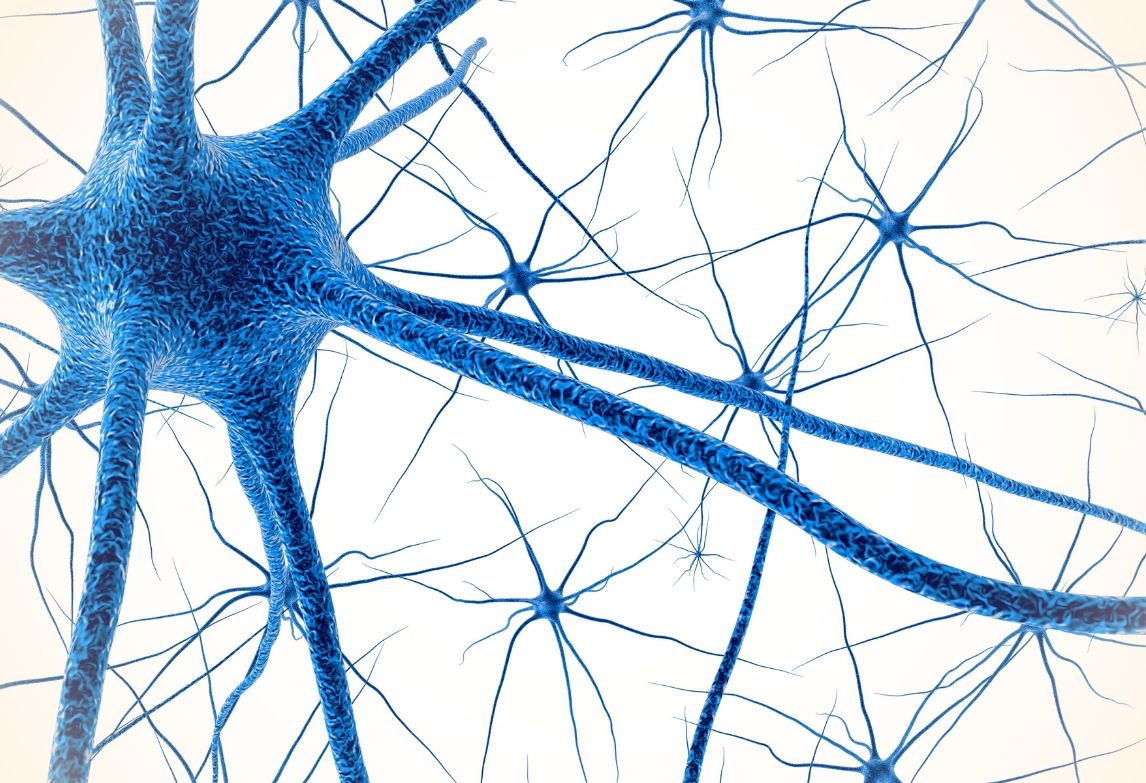Summary
- Recent meta-review finds Omega 3 Fatty Acid, EPA (Eicosapentaenoic Acid), effective in adjunctive treatment for depression in a statistically significant manner.
- Current evidence is indicative of a strong impact of EPA in Attention Deficit Hyperactivity Disorder (ADHD), although further research is needed.
Omega 3’s polyunsaturated fatty acids are among the most highly researched nutrients in the world. Primarily known to influence the fluidity of cells walls and therefore impact the movement of compounds in and out of the cell, omega 3’s also exhibit a variety of other mechanisms of action independent of their effects on cell walls, such as regulation of the immune system function, blood coagulation and neurotransmitter function among others through their impact on protein activation (1, 2, 3).
A recent meta-review has concluded that omega 3, EPA, is especially beneficial in the case of Depression and ADHD (4).*
With Depression impacting up to 1 in 3 Australians, finding clinical interventions with low side effects remains a leading point of research (5). Although comprised of a range of aetiological factors including diet, lifestyle, social and emotional factors, recent evidence has increasingly linked the impact of inflammation and oxidative stress to the development and progression of depression (2).
As omega 3 essential fatty acids and EPA in particular exhibit anti-inflammatory effects, it is postulated that this may be one mechanism of action that they decrease the symptoms of depression by (2).
In terms of other mental health disorders, the collective data for EPA also indicates benefits in Attention Deficit Hyperactivity Disorders as well, including reduced hyperactivity, impulsivity and inattention (4).
Although further research is needed, this meta-review, indicates that EPA is a promising supplement and adjunctive treatment for Depression and ADHD.
*A meta-review consists of a summary of all available meta-analysis available for a given topic or question.
References
- DiNicolantonio, J, OKeefe, J. Importance of maintaining a low omega-6/omega-3 ratio for reducing platelet aggregation, coagulation and thrombosis. Open Heart. [Internet] 2019 May. [cited 2020 Jan 08]; 6. Available from: https://openheart.bmj.com/content/6/1/e001011
- Grosso, G, Galvano F, Marventano S, Malaguarnera M, Bucolo C, Drago F, Caraci F. Omega-3 fatty acids and depression: scientific evidence and Biological Mechanisms. Oxid Med Cell Longev. [Internet]. 2014 Mar [cited 2020 Jan 8]; 2014:313570. Available from: https://www.ncbi.nlm.nih.gov/pmc/articles/PMC3976923/
- Gutiérrez, S, Svahn, S, Johansson, M. Effects of omega-3 fatty acids on immune cells. Int. J. Mol. Sci. [Internet] 2019 Oct [cited 2020 Jan 8]; 20. Available from: https://www.ncbi.nlm.nih.gov/pubmed/31614433
- Firth, J, Teasdale, S, Allott, K, Marx, W, Cotter, J, Veronese, N, Schuch, F, Smith, L, Solmi, M, Carvalho, A, Vancampfort, D, Berk, M, Stubbs, B, Sarris, J. The efficacy and safety of nutrient supplements in the treatment of mental disorders: a meta-review of meta-analyses of randomised controlled trails. World Psychiatry. [Internet]. 2019 Oct [cited 2020 Jan 08]; 18(3): 308-324. Available from: https://www.ncbi.nlm.nih.gov/pubmed/31496103
- Beyond Blue [Internet]. Beyondblue.org.au. 2020 [cited 8 January 2020]. Available from: https://www.beyondblue.org.au/the-facts







Leave a Reply
Want to join the discussion?Feel free to contribute!